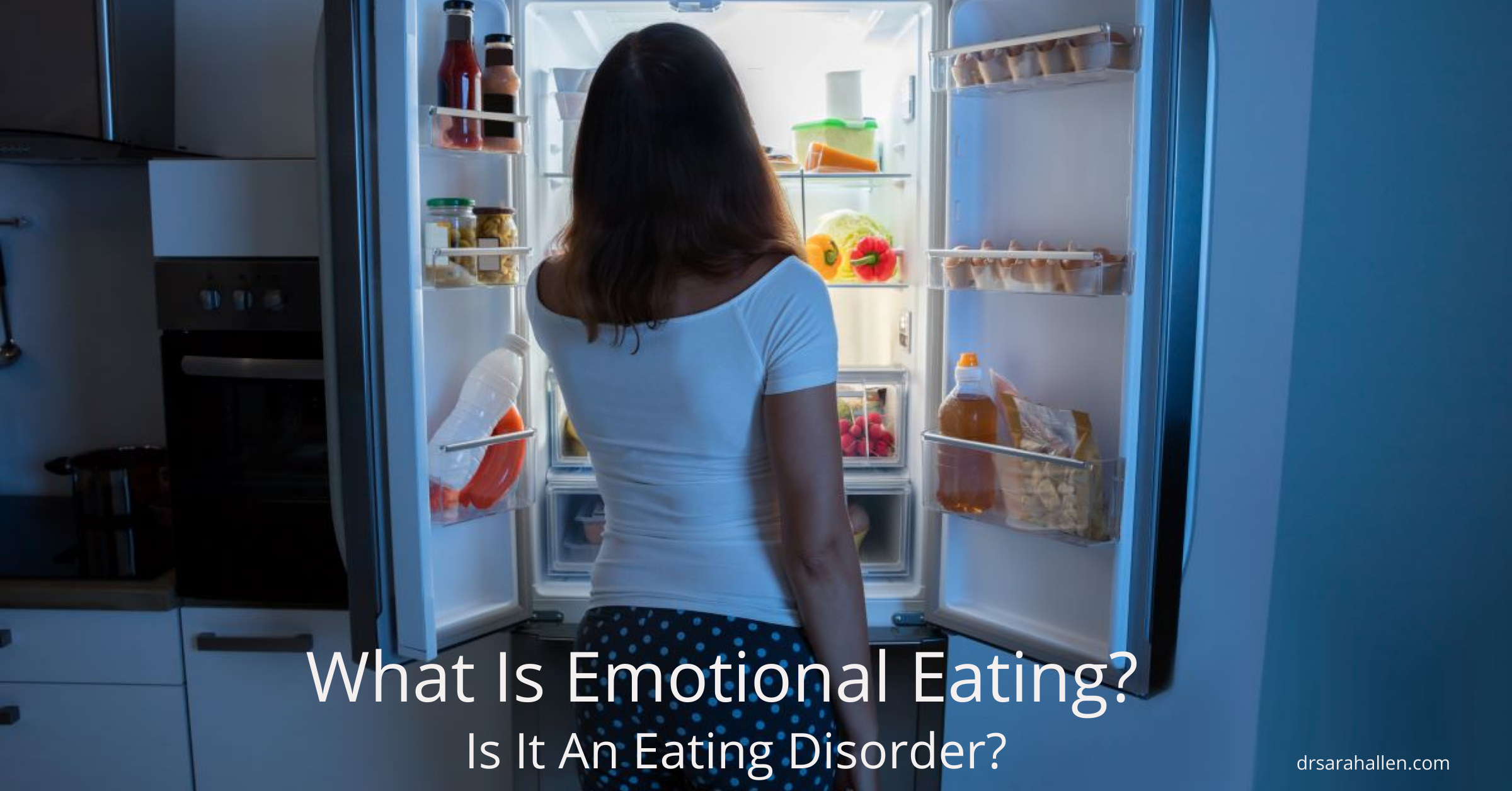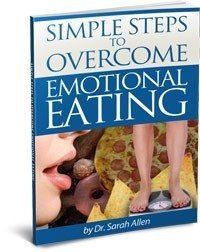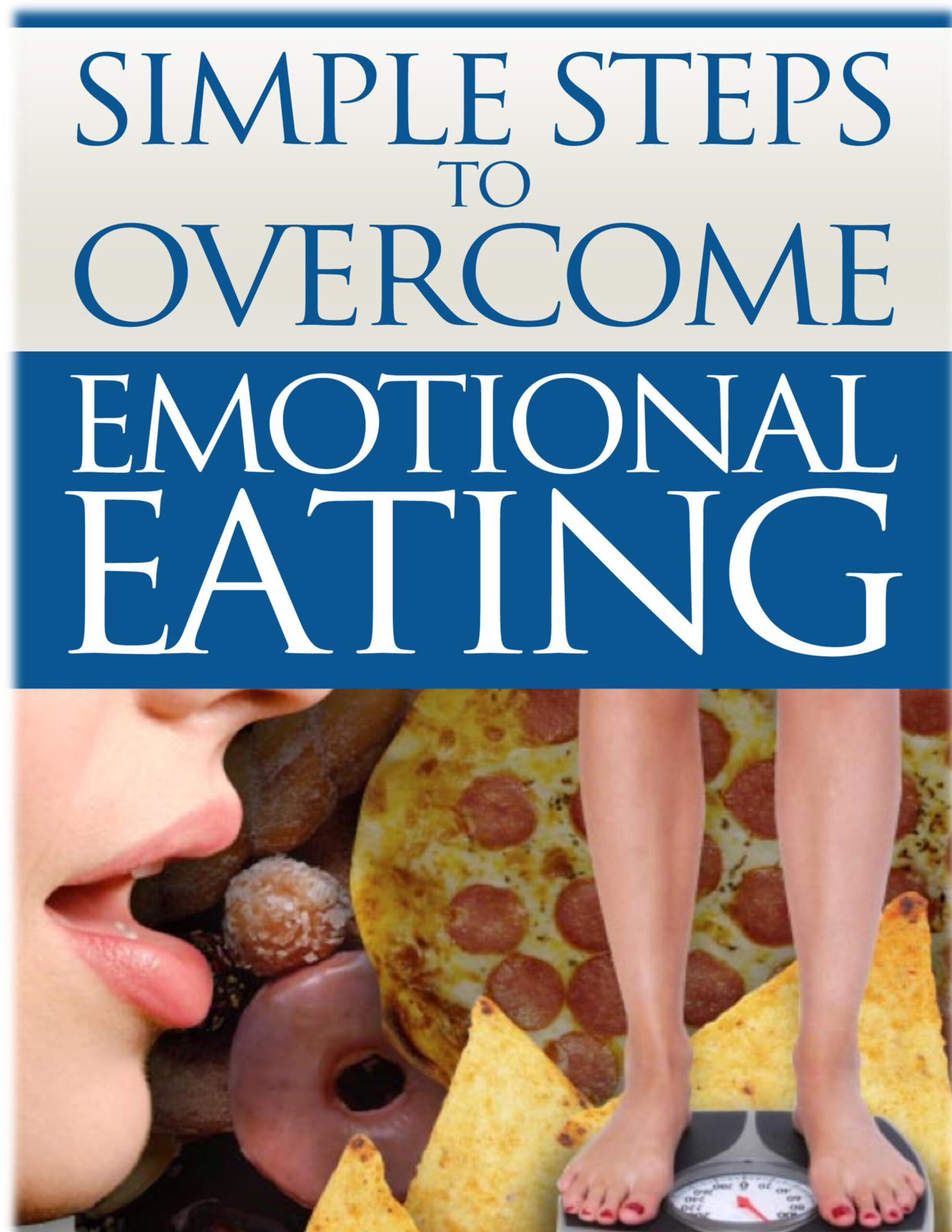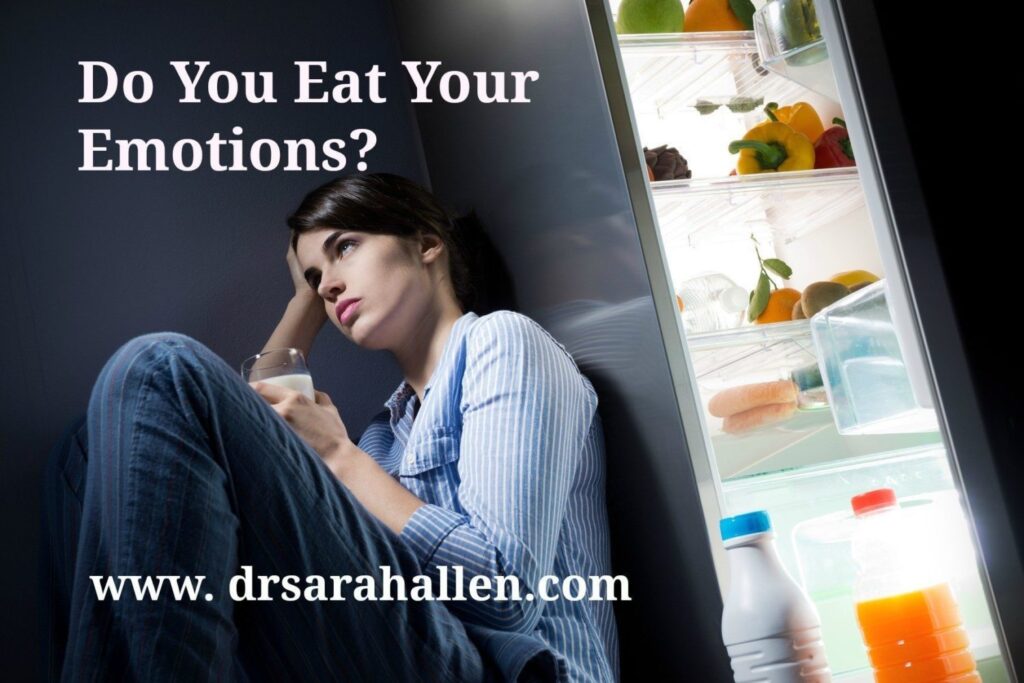
Emotional eating is a phrase that pops up frequently in discussions about weight and eating habits. But what exactly does it mean, and how does it relate to serious eating disorders? In this article I will explain what factors drive this behavior, discuss what differentiates it from clinical eating disorders, and list some strategies for managing its impact on mental and physical health.
Understanding Emotional Eating
At its core, emotional eating is the practice of using food as a way to push down or soothe negative emotions when feeling stressed, frustrated, scared, bored, sad lonely. Unlike physical hunger, which grows gradually and can be satiated by a variety of foods, emotional hunger is sudden, craves specific comfort foods, and doesn’t necessarily stop when one is physically full.
Causes and Triggers
A variety of situations and feelings can trigger emotional eating. Stress, for instance, causes cortisol levels to rise, which can increase appetite and lead to emotional eating. Major life changes or events, feeling of loneliness or boredom, and environmental factors also often trigger this behavior.
Emotional vs. Physical Hunger
Distinguishing between emotional and physical hunger is key. Physical hunger develops over time and can be satisfied with any food; it also goes away once you’re full. On the other hand, emotional hunger is immediate, involves specific cravings, and you might find yourself eating more than you normally would.
Common Emotions Associated with Emotional Eating
Common emotions that can trigger emotional eating include:
- Stress: Seeking comfort in food provides a temporary distraction.
- Boredom or Feelings of Emptiness: Eating can be a way to fill the void or occupy time.
- Sadness: Sweets and comfort foods can seemingly ‘sweeten’ the sadness momentarily.
The Link to Eating Disorders
Emotional eating, while problematic, doesn’t always equate to an eating disorder. However, chronic emotional eating has the potential to evolve into binge eating disorder (BED) or other eating disorders if the pattern becomes habitual and leads to feelings of loss of control, shame, and guilt after eating sessions.
Differentiating Emotional Eating from Eating Disorders
While emotional eating and eating disorders may appear similar because they both involve using food as a response to emotional distress, they are distinct in several crucial ways. Emotional eating is a common behavior where food is used as a coping mechanism for negative emotions, typically occurring sporadically or in specific situations. Although it doesn’t always have severe health consequences, habitual emotional eating can lead to weight gain and associated health risks over time.
On the other hand, eating disorders, including anorexia, bulimia, and binge eating disorder (BED), are diagnosed mental health conditions characterized by disrupted eating behavior, intense concern about body shape or weight, and an impaired ability to maintain a healthy weight. Unlike emotional eating, these disorders are psychiatric conditions that involve persistent patterns of unhealthy behavior around food and can have serious health consequences, such as malnutrition, severe weight loss or gain, and in extreme cases, even death.
The critical distinction lies in the frequency, intensity, and impact of the behavior. If you frequently find yourself consuming large amounts of food even when not hungry, feeling out of control during these episodes, and experiencing intense feelings of guilt, shame, or distress afterward, it may indicate an eating disorder rather than emotional eating. This is especially true if these patterns disrupt your daily life, cause significant distress, and impact your self-esteem or body image. If you’re experiencing these symptoms, seeking professional help is crucial.
To differentiate, emotional eating can be occasional and doesn’t often lead to severe health consequences. Binge eating disorder, however, is characterized by recurrent episodes of eating large quantities of food, a lack of control during these binges, and feelings of distress or shame afterward.
Impact on Mental and Physical Health
Psychological Effects of Emotional Eating
Emotionally charged eating episodes can exacerbate feelings of powerlessness, low self-esteem, and depression. This cycle often leads to an emotional dependence on food for comfort, creating a mental burden that goes beyond normal feelings of hunger.
Physical Consequences and Health Risks
If persistent, emotional eating may lead to weight gain, obesity, and associated risks such as heart disease, diabetes, and high blood pressure.
Recognizing and Managing Emotional Eating
Identifying Emotional Triggers
The first step toward managing this behavior is identifying the triggers that lead to emotional eating. One way to understand these triggers is to keep a food diary that includes not just what you’re eating but also how you’re feeling before, during, and after eating.
Building Healthier Coping Mechanisms
Once you recognize the patterns, you can work towards developing healthier coping strategies, such as:
- Physical activity, which releases feel-good endorphins.
- Meditation and mindfulness, to stay present and avoid mindless eating.
- Use Stress management techniques
- Expressive writing or art, channeling emotions productively.
Seeking Professional Help and Support
For those who struggle significantly with emotional eating, professional help from a therapist specializing in eating disorders can be tremendously beneficial. Support groups also provide a community of individuals facing similar challenges, reinforcing that you are not alone.
Conclusion
Finding a balance between nourishment and emotion is a challenge faced by many. If your coping mechanism tends to be overeating unhealthy food, consider taking steps toward understanding your thoughts and behavioral when you are eating your emotions.
While emotional eating isn’t formally classified as an eating disorder, it can possibly become one and certainly leads to negative emotions such as shame and guilt, perpetuating a negative cycle. Stay mindful of your emotional and physical well-being, prioritize self-awareness, and don’t hesitate to seek support. Your relationship with food can be one of harmony and health, not conflict.

To find out more about emotional eating and to download the free booklet Simple Steps To Overcome Emotional Eating (which includes questionnaires to find out what if you are an emotional eater and if yes, type of emotional eater you are) use the sign up form below the book.
For more info on emotional eating visit the Weight & Emotional Eating page and my blog.
Dr. Sarah Allen specializes in empowering women to live the life they want.
Visit www.drsarahallen.com for more blog posts on a variety of issues relevant to women.
Dr. Allen can be reached at (847) 791-7722 or by the form below.

I specialize in empowering you to have the relationship with food that you want, rather than weight and food issues controlling you. If you have any questions, or would like to set up an appointment to work with me, please contact me at 847 791-7722 or on the form below.
If you would like to read more about me and my areas of specialty, please visit Dr. Sarah Allen Bio. Dr. Allen’s professional license only allows her to work with clients who live in IL & FL & the UK and unfortunately does not allow her to give personalized advice via email to people who are not her clients.
Dr. Allen sees clients in person in her Northbrook, IL office or remotely via video or phone.

What Can I Read That Helps Me While I Am Waiting For My First Appointment With Sarah?
Sign up for the Emotional Eating booklet.
Download this free booklet to gain valuable insights and learn practical strategies for managing your relationship with food.








